|
I've been down in London a little more of late, which means gulls are back on the cards. July brings with it the start of a new season of gull watching in the capital, with the first juvenile Yellow-legged Gulls really marking this as they begin to arrive in the opening days of the month. Numbers of this species and our commoner residents begin to swell as July progresses, with returning adults accompanied by a good crop of fresh youngsters. In short, it's a dynamic time to be birding on the Thames. Rich, Jamie and Dante scored a June juvenile Yellow-legged this year, when they had one fly through at Thamesmead on 28th. That aside it's proven a relatively slow build-up for this species, with cool westerlies dominating the opening couple of weeks of July and stemming the usual flow of michahellis into the capital. In fact it was only on 16th, after a couple of blank outings, that I finally clapped eyes on a juvenile Yellow-legged at Erith Pier. By Sunday, a much-improved picture saw Rich and I tally 20 birds at the pier, including 17 juveniles. More of what you'd expect. The early signs would suggest it's set to be a better year for Mediterranean Gulls, with a greater proportion of juveniles coming and going up the Thames in mid-late July. Last year was a poor summer for breeding success among both these and Black-headed Gulls, with parts of Europe suffering a particularly wet season and this seemingly having a knock-on effect on productivity. Of those seen in recent days, one at King Henry's Wharf on 19th wore a white ring '3461'. Slightly unsurprisingly, it had been ringed in June near Antwerp, Belgium. The signs were that things were hotting up yet further when I visited Rainham with Niall and Rich on 23rd. At least 55 Yellow-legged Gulls, most of which were juveniles, plus adult and second-summer Caspian Gulls. Rich later gripped us off with the first juvenile Casp of the year at Erith Pier at high tide. Highlight of the day, though, was an unringed White Stork that seemed to lift off Rainham tip at around midday and, after gaining height, drifted off south towards Crayford Marshes. It is presumed to be one of three birds from the White Stork Project, which have also been seen at Bowers Marsh in Essex and latterly at Crayford. The other two wear the project's coloured darvic rings.
1 Comment
Ian Bartlett
31/7/2020 05:16:42 pm
Hi Josh, great blog. For a novice like myself I can see the difference in the individual gulls when pointed out to me but when I look at the top photo of the 30 gulls they suddenly all look very similar again. How many LYG are in that shot? I'd love for it to be labelled for reference. Thank you, Ian
Reply
Leave a Reply. |
This pageThe musings of a wildlife enthusiast, usually armed with his camera. Archives
May 2024
|
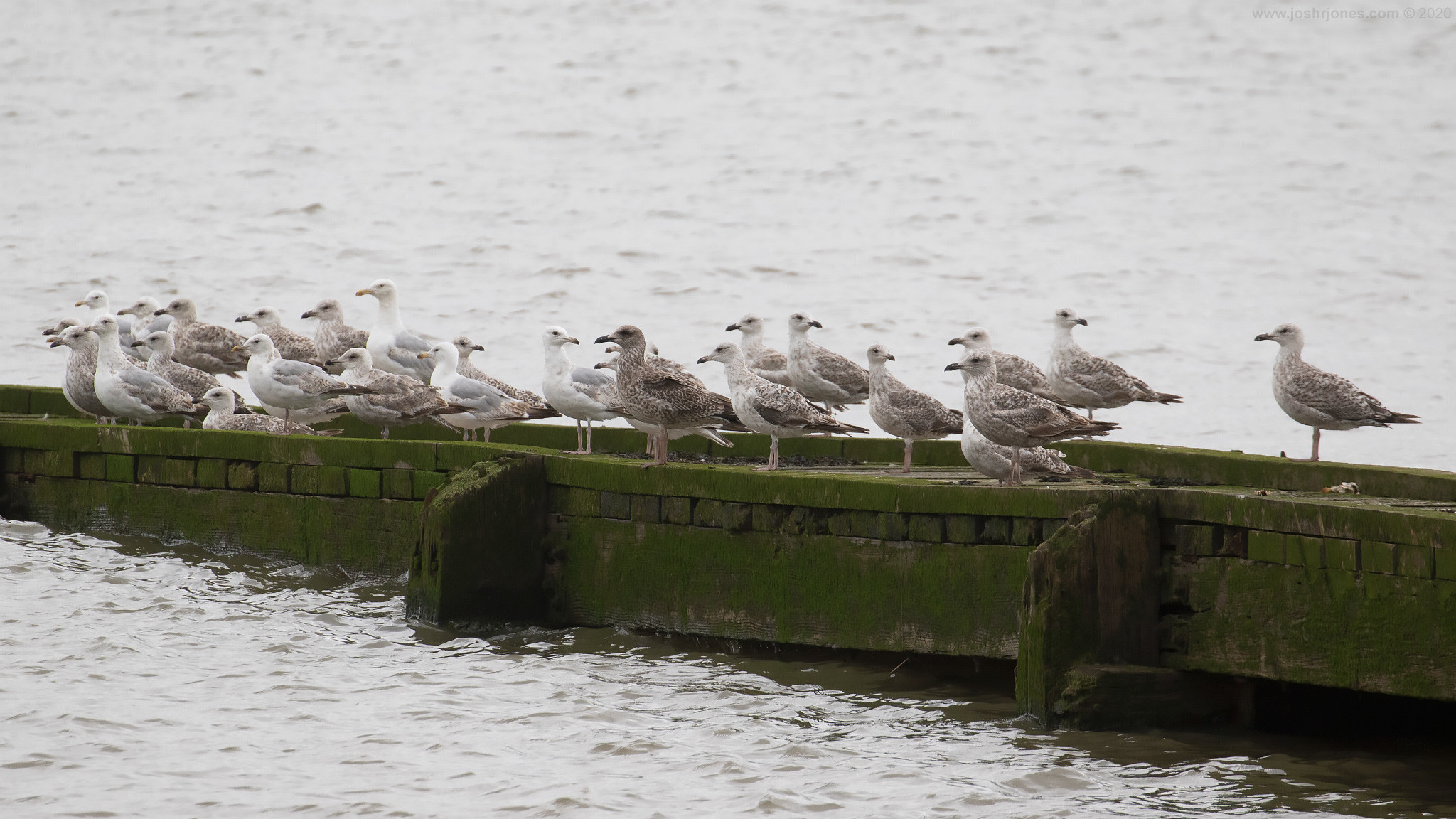
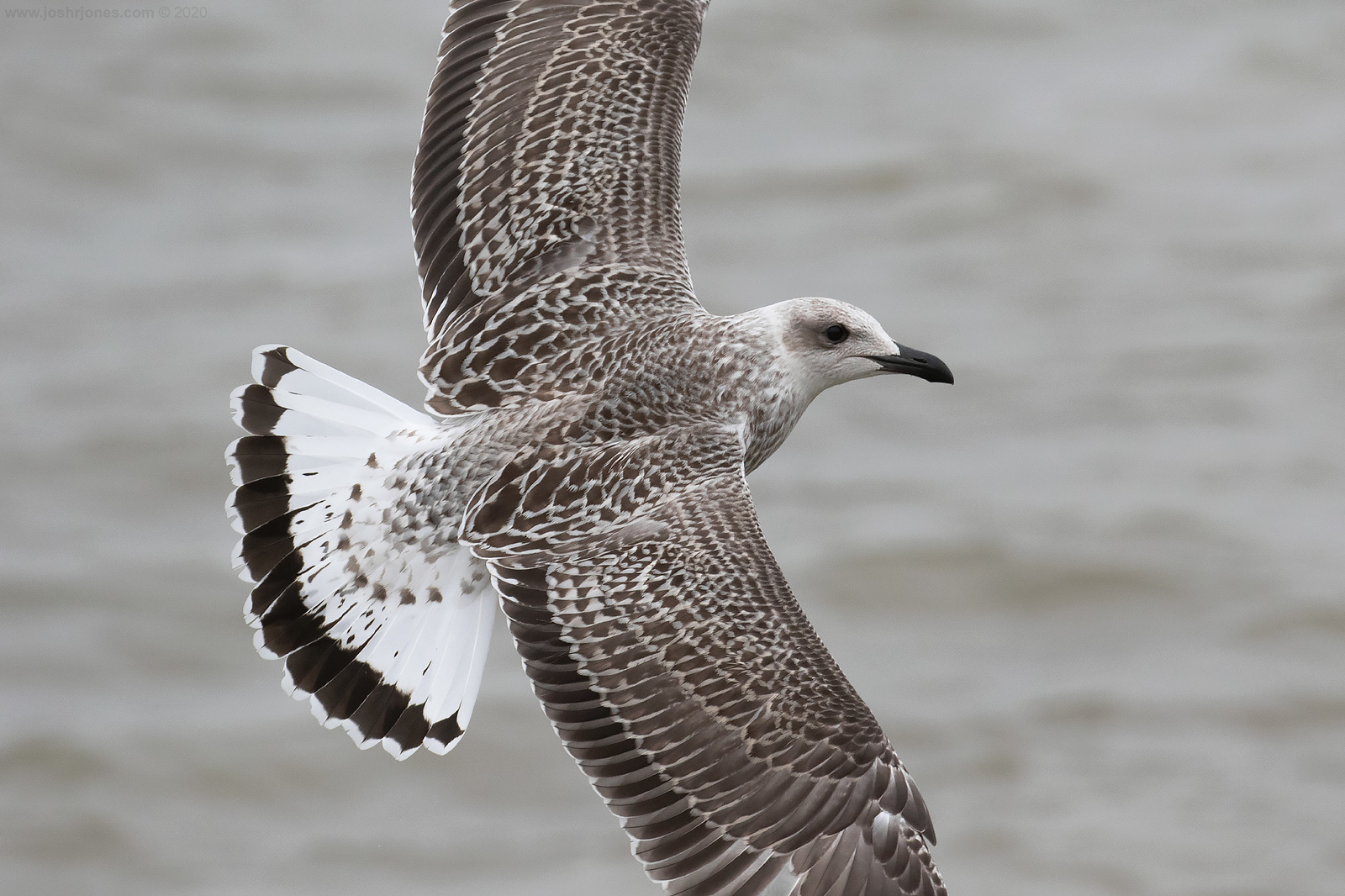
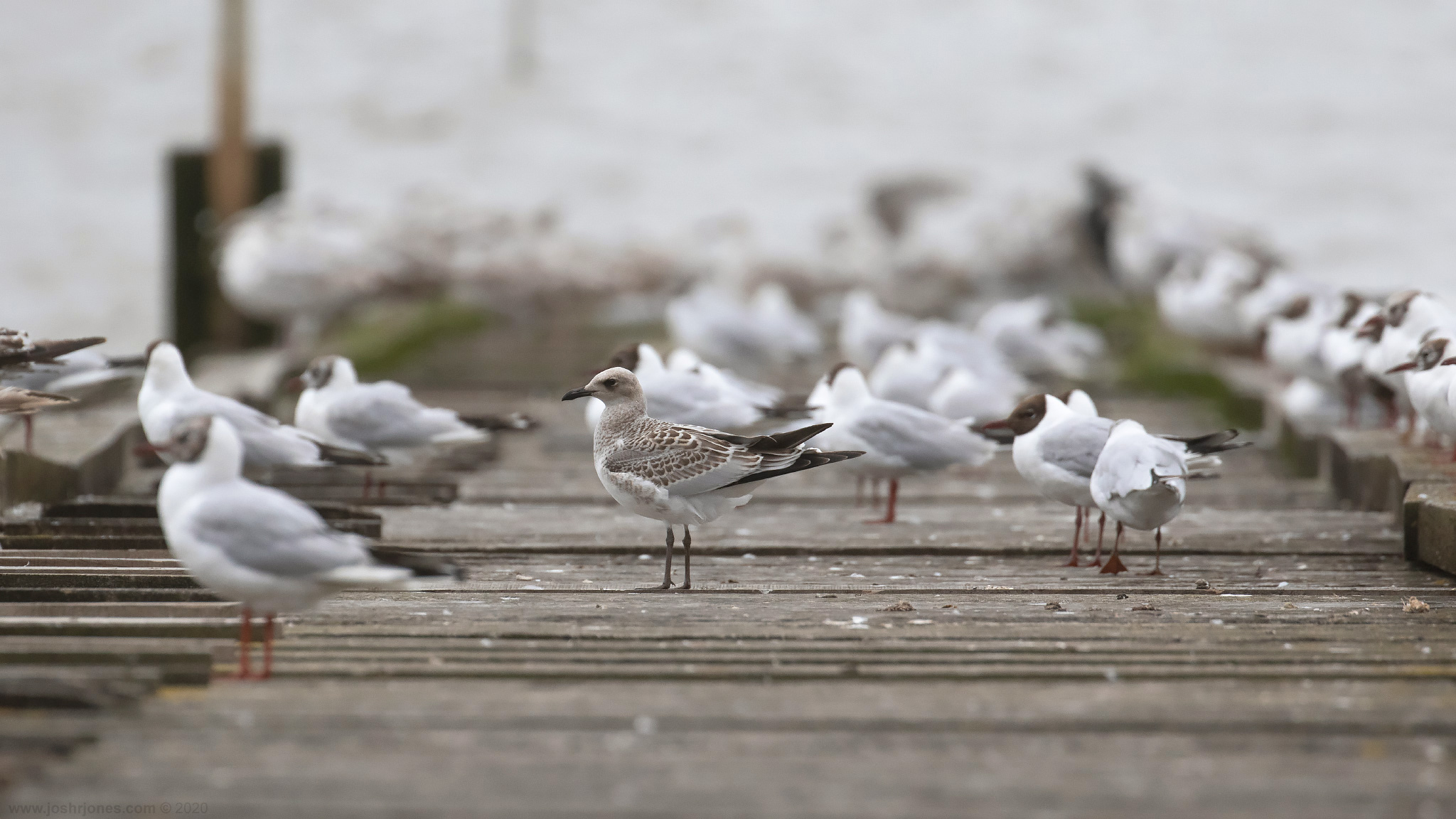
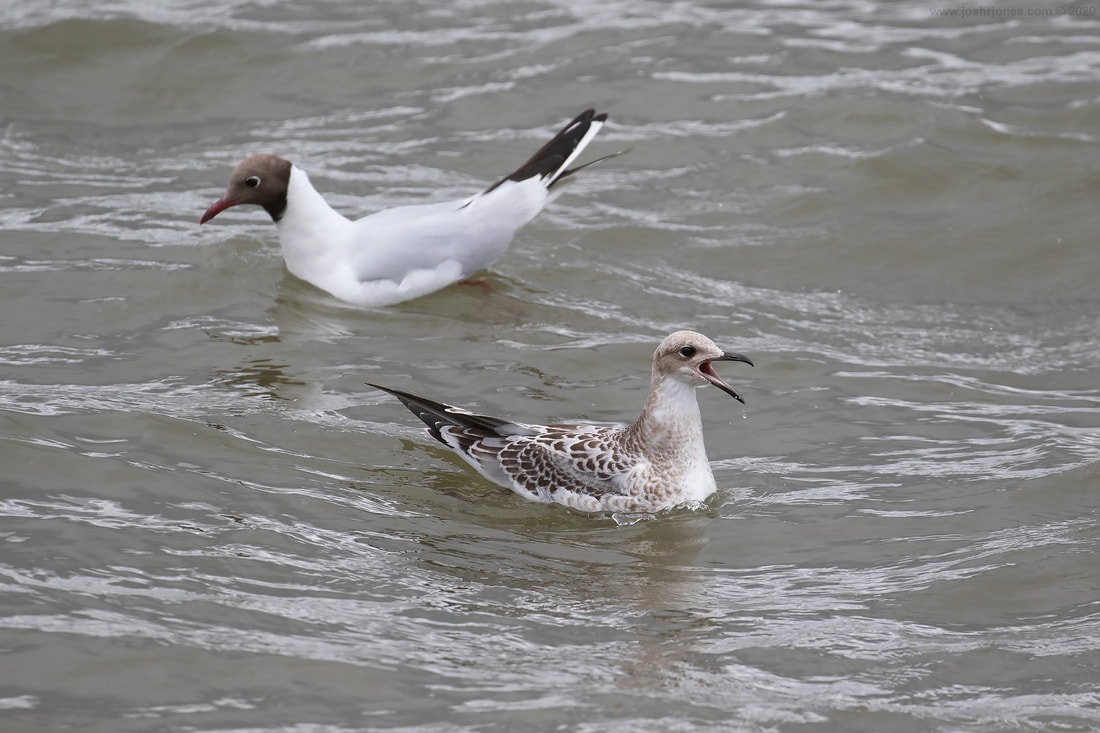
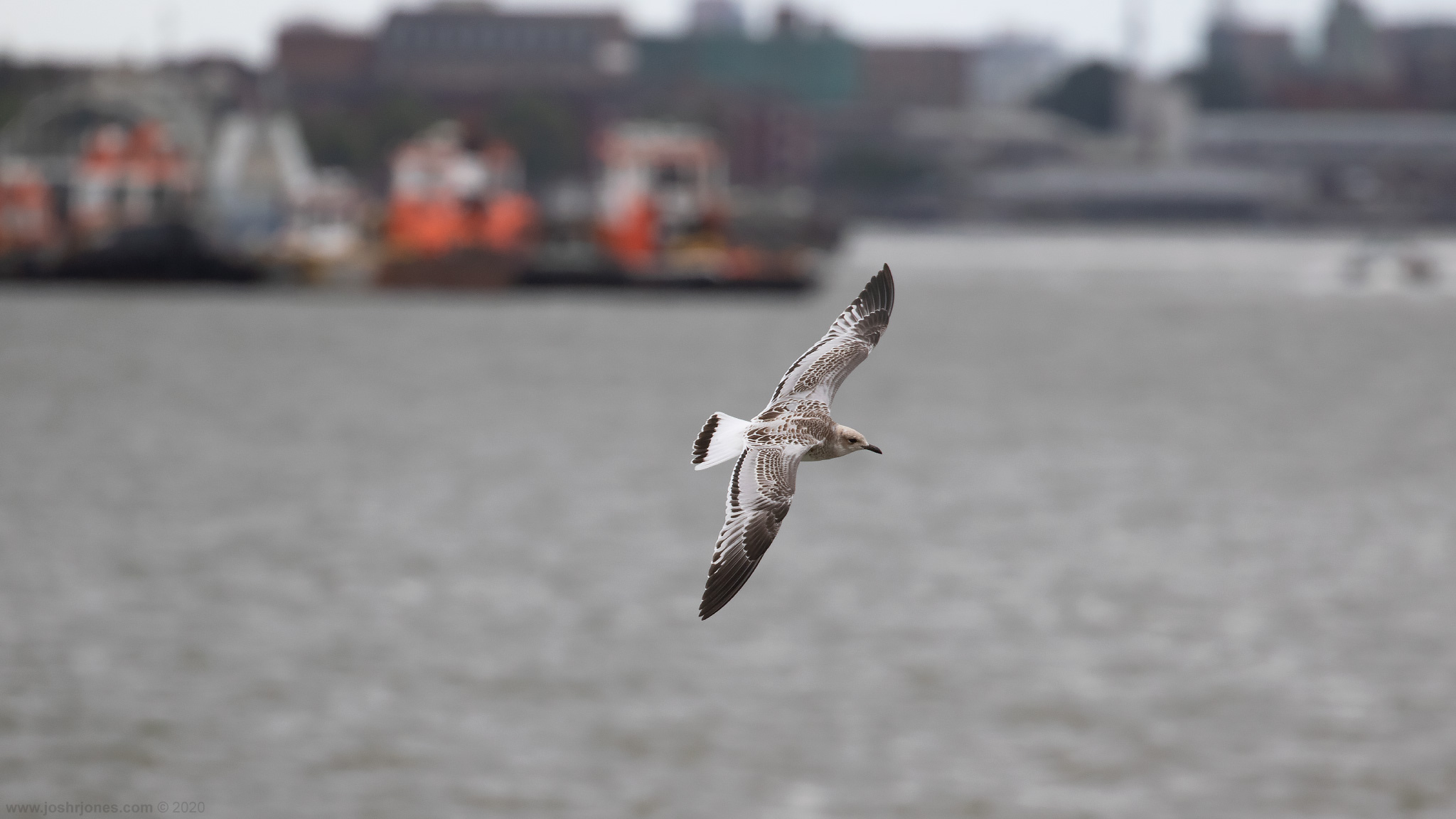
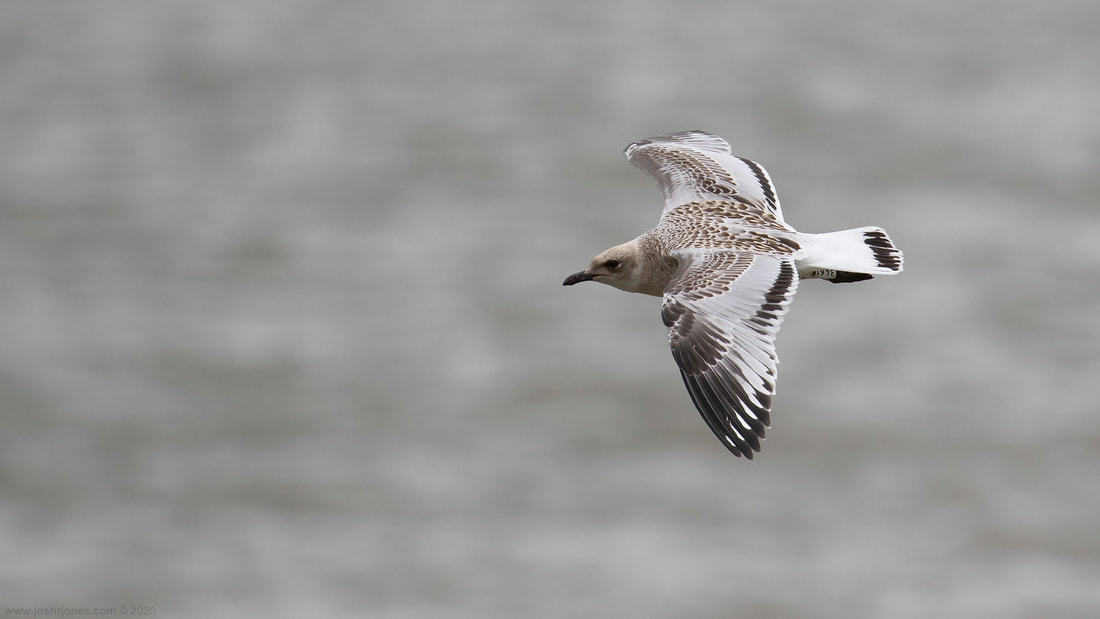
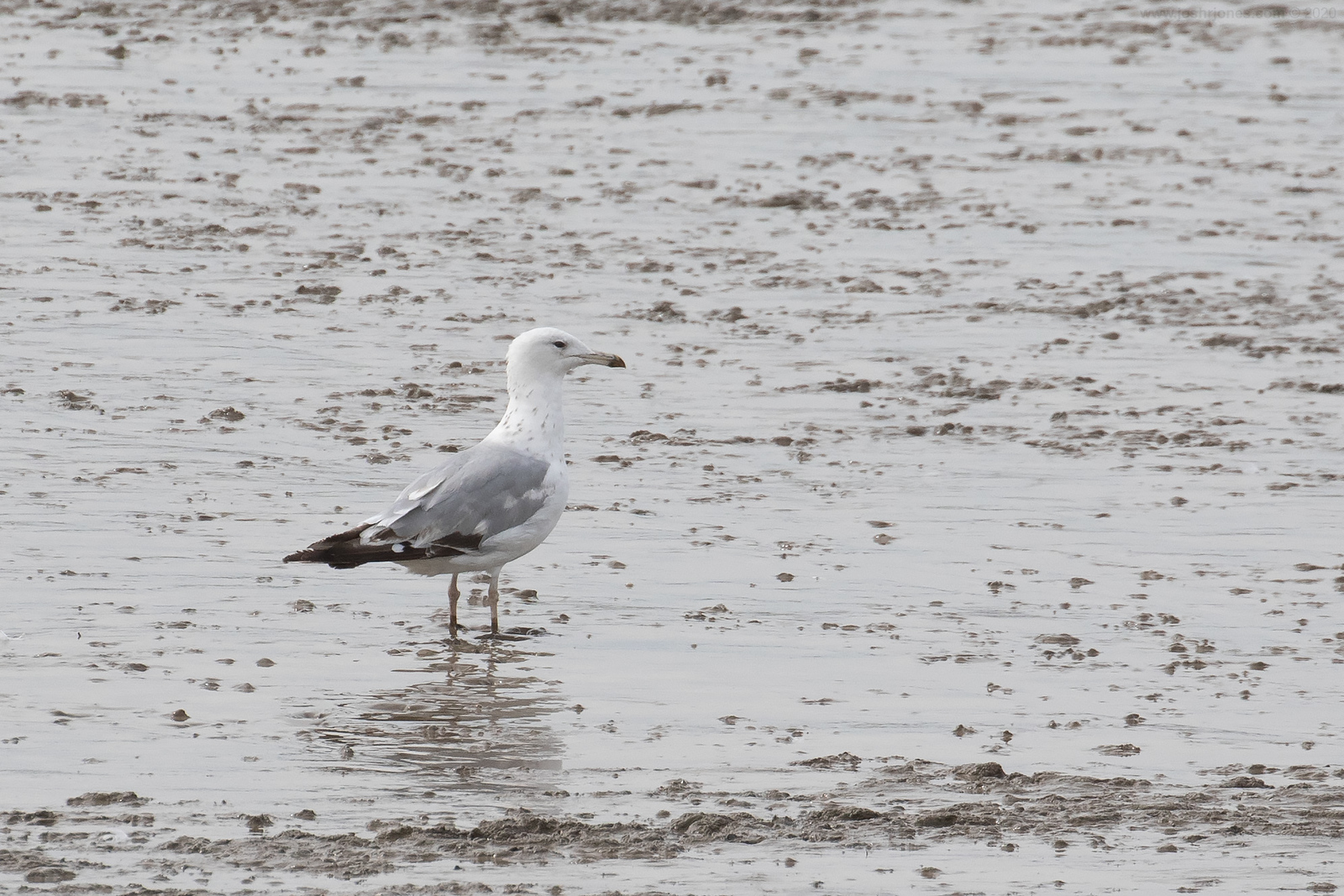
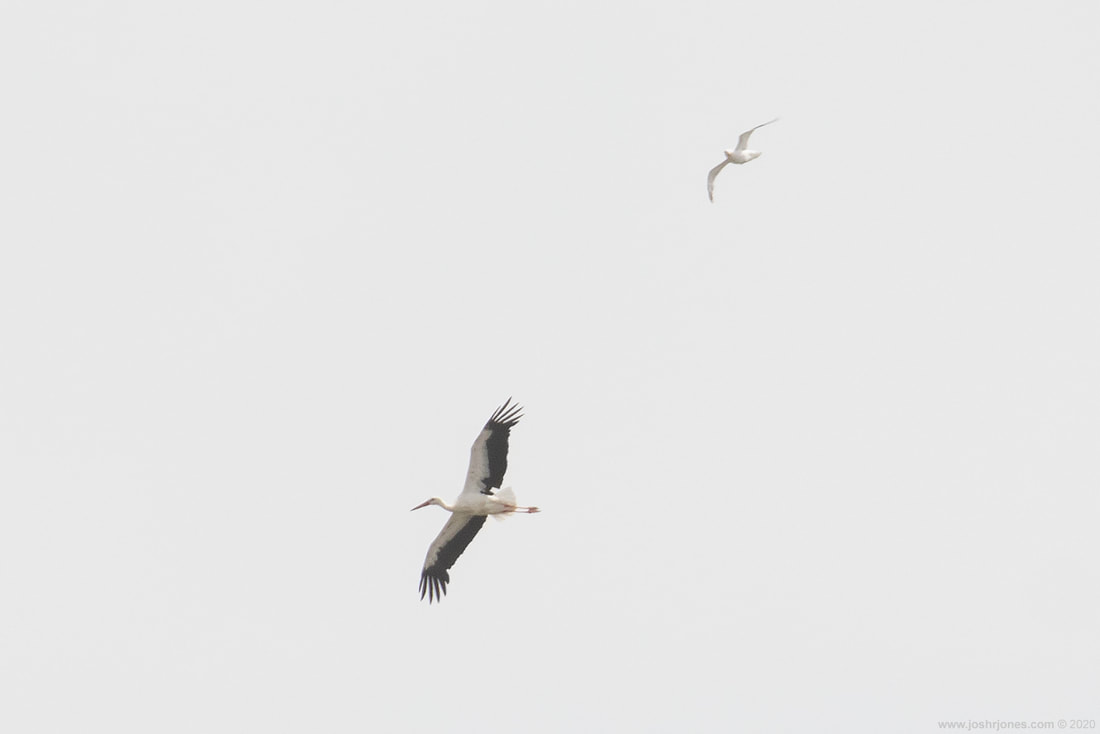
 RSS Feed
RSS Feed